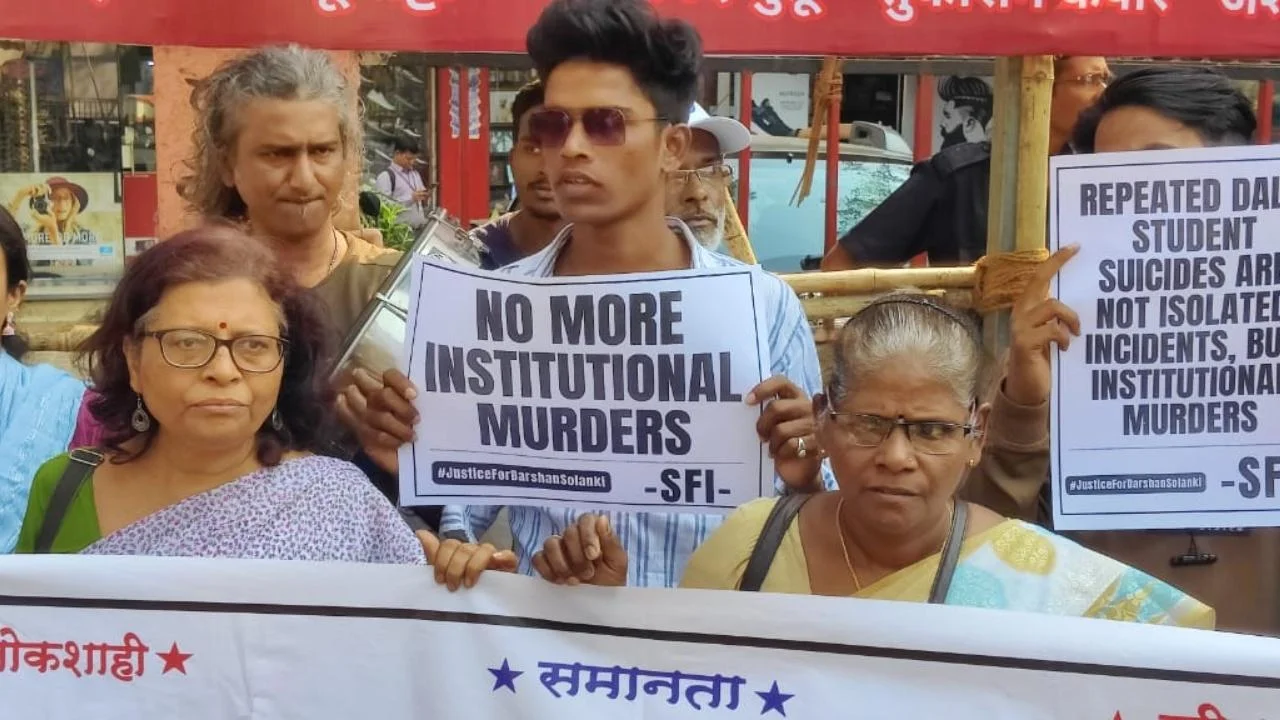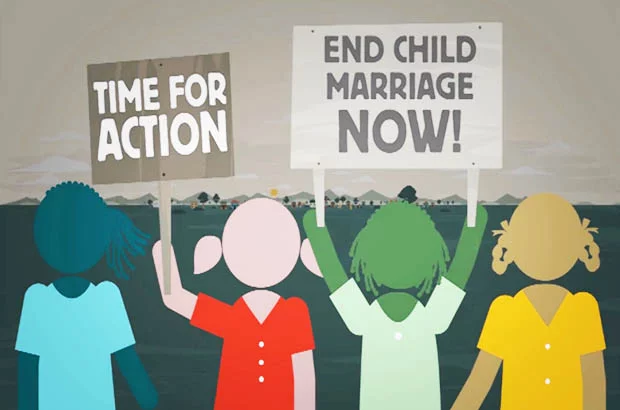The society has various prescribed traditions for women that they are expected to follow without questioning, sometimes even by force. One such tradition in the institution of marriage is the practice of women not calling their husbands by their name. While at first thought, it may not seem like a very important issue, but delving further into the customary practice for its reasons and given arguments reveals the deep-rooted male domination and chauvinism that lies underneath.
A number of arguments are given in support of this practice – the most common being that the husband traditionally, would be older than the wife, and hence it is in line with the Indian tradition of not calling elders by their name.
This argument might have made sense if and only if, the practice was limited to husbands older in age. In traditional Indian marriages, women are often instructed to not say the name of any of their in-laws, irrespective of the age. The cases of women calling their in-laws of the same generation and age (sometimes even younger) as bhaiya and didi is not rare. It is taken to be an unsaid rule that daughters-in-law are supposed to respect their in-laws simply by virtue of them being her in-laws. No questions asked.
Also read: Marital Inequality – “Tradition” And The Subjugation Of Women
Another common reasoning given in support of this tradition takes root in Indian traditional philosophy. The idea that everything on earth is a part of a duality, and one is never complete without the other extends to marital relationships where the husband and wife are seen as two sides of the same coin.
The roles of visionary-actualiser is a major part of this philosophy, according to which one plays the superior role of the visionary (providing light and guidance) and the other follows through to reach actualization. Even though philosophically, anybody can play the role of the visionary, the role has traditionally been accorded to the husband. The fixed belief of men being the bread winners of the family is taken to be the justification of male superiority. This unquestioning respect that must be bestowed upon husbands is the source of many regressive mindsets where the husband is seen as an absolute superior.
A more dogmatic justification given to this tradition of naming (or rather un-naming) takes route in the Vedic philosophy of the Prana-maya kosh. According to this philosophy, the respect that the wife accords to the husband acts as a rejuvenating force for the male psyche, and helps the male to regularly regain his strength and thus prolong his life. The wife then, by calling the husband by his name, is said to be lessening the lifespan of the husband. Even though a similar form of respect is expected by the husband too, to enhance the nurturing spirit of the wife and thereby her life, the concept is largely lost in the society, and the selective and hypocritical traditions bear witness to it.
It is very similar to the festival of Karva Chauth, where the wife is supposed to fast from sunrise to sunset for the longevity of the husband, but the husband is not expected to do anything such. Whether or not these practices hold scientific validity, the gestures alone are enough to point out the inherent patriarchy in these traditions.
Also Read: Limited Period: Karva Chauth, One Day Offer For Increasing The Life Span Of Your Husband
These traditions are so deeply entrenched in our society that they often become internalised as norms that no-one cares to critique. The patriarchal idea of providing a God-like stature to the husband is not unheard of, and women continue to hold on to these beliefs unquestioningly. The practice of never uttering the husband’s name is taken as an obvious fact, because the husband is God-like while the wife is a lesser human. The following video by Video Volunteers shows how this tradition operates not just by force, by also by internalisation.
While adhering to this language conduct is often regarded as an insignificant part of life, that women are told to adhere to and overlook, the repercussions of not following this tradition has had severe punishments for women in many incidents, that makes one realise the importance of considering these issues with all seriousness in daily life.
Take for example the following case from Odisha, where a woman was ostracised from the community for addressing her in-laws by name. Such drastic punishments, for something that cannot even be logically called a mistake shows the obsession of the male dominant society to keep their women under their thumb.
http://www.youtube.com/watch?v=sayVVhy02lE&feature=youtu.be
While there is a strong need to address this issue, it is equally important to address it at all levels of the society. Urban areas have started to see a slow departure from this tradition, with some women beginning to address their husbands by their name (this is not to say that the problem has lessened, but only that it can with due effort). Change can only begin with the questioning of tradition, and a refusal to adhere to it when it is exposed to be patriarchal in its construction. Only then can this, and other patriarchal traditions be effectively countered.
About the author(s)
I am an avid reader and writer, passionate about the fight for gender equality of all sexes. In my free time, I like to indulge in creative writing- poetries and short prose. Currently studying English Literature.




